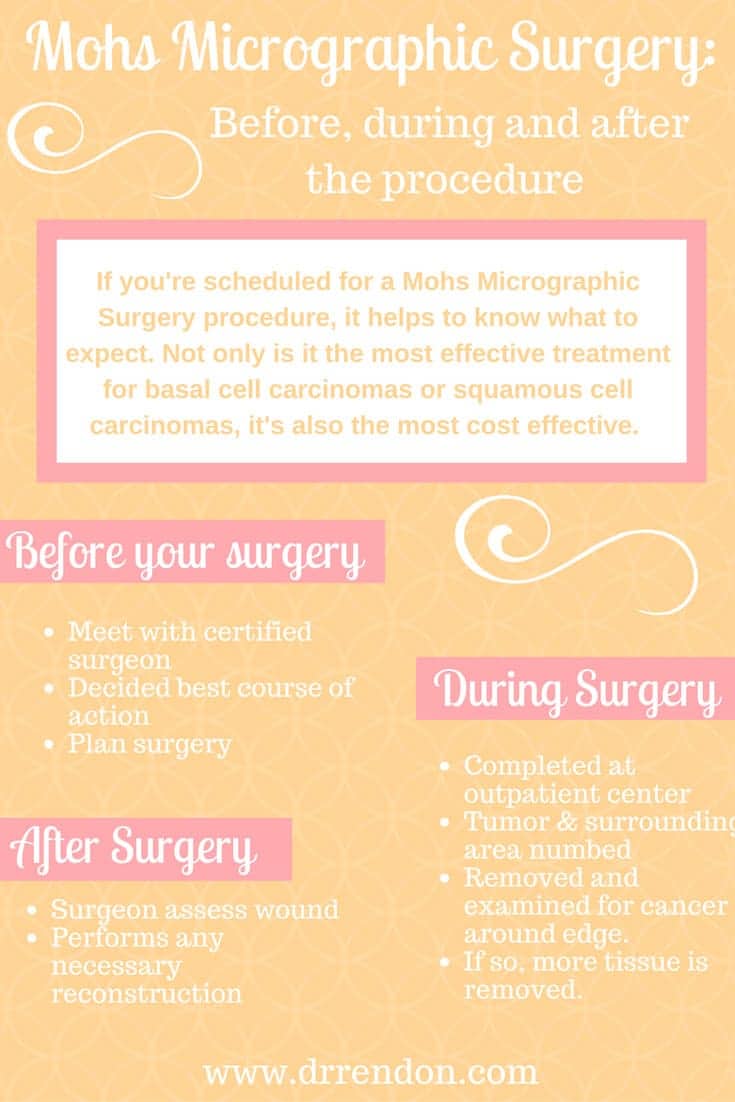Comparing Prescription And OTC Acne Treatments: Which Is Better?
Comparing Prescription And OTC Acne Treatments: Which Is Better?
Blog Article
Article Developed By-Nissen Sellers
Did you know that nearly 85% of individuals experience acne at some point in their lives? When you're confronted with this usual skin issue, choosing between prescription and non-prescription (OTC) treatments can be difficult. Each choice has its own collection of advantages and disadvantages, which can dramatically influence your skin's wellness. So, exactly how do you figure out which treatment straightens best with your demands? Recognizing the crucial differences and what they mean for your one-of-a-kind scenario could simply hold the answer.
Secret Distinctions In Between Treatments
When it involves acne treatments, comprehending the crucial distinctions can make a significant effect on your skin's health and wellness.
You'll discover two primary categories: over-the-counter (OTC) and prescription therapies. OTC options, such as benzoyl peroxide and salicylic acid, are easily available and tend to be much less intensive. They usually work by unclogging pores and reducing inflammation, making them appropriate for moderate to moderate acne.
On the other hand, prescription treatments generally include stronger active ingredients, like retinoids or antibiotics, and are customized for much more severe cases. These therapies frequently require a dermatologist's guidance, permitting them to target certain skin problems efficiently.
The stamina and formulation of prescription alternatives can result in quicker results but may likewise come with a greater threat of side effects.
You should also consider your skin type and any type of sensitivities when choosing a therapy. For instance, if you have sensitive skin, OTC treatments may be a gentler starting factor.
Inevitably, knowing these differences helps you make educated selections about your acne treatment trip and leads you towards more clear skin.
Benefits and drawbacks of Prescription Alternatives
Prescription alternatives for acne treatment featured both benefits and drawbacks that you need to evaluate meticulously.
https://plastic-surgeon88653.sharebyblog.com/32086242/the-scientific-research-behind-acne-therapy-just-how-ingredients-work-to-clear-skin is their potency. Prescription medications often consist of greater concentrations of active ingredients, which can cause faster and much more efficient outcomes contrasted to non-prescription (OTC) items. You might also find that prescriptions are customized to your details skin type and acne intensity, offering an extra individualized method.
On the flip side, these treatments can come with considerable downsides. For one, they may have adverse effects varying from mild irritability to extra serious issues, which you need to monitor carefully.
Furthermore, prescription treatments can be extra pricey, specifically if your insurance coverage doesn't cover them. You may also face difficulties in getting a prescription, as it calls for a see to a healthcare provider, which can be lengthy and inconvenient.
Advantages of OTC Treatments
OTC treatments usually use a convenient and obtainable remedy for handling acne. You can quickly discover these items in pharmacies, grocery stores, or online, making them easily available over the counter. This accessibility suggests you can begin your acne therapy whenever you need to, without waiting on a physician's appointment.
Another significant benefit of OTC therapies is their cost. Numerous over-the-counter options are economical, enabling you to explore numerous solutions without breaking the bank. You can attempt various products to see what jobs best for your skin type.
OTC therapies additionally are available in a variety of formulations, consisting of gels, lotions, and washes. This range enables you to select an item that fits your way of living and choices. Many consist of active components like benzoyl peroxide or salicylic acid, which work in treating acne.
Finally, you have the flexibility to readjust your program based on your skin's response. If radiofrequency microneedling before and after isn't working, you can easily switch over to an additional without a prolonged assessment procedure. This adaptability equips you to take control of your acne monitoring trip.
Conclusion
In the long run, choosing between prescription and OTC acne treatments actually comes down to your unique skin needs and circumstances. While prescriptions might look like the gold ticket for quick results, OTC alternatives offer an even more accessible path, allowing you take control of your skincare journey. Embrace the adaptability of OTC items or think about the customized approach of prescriptions-- in any case, you're taking a favorable step in the direction of clearer skin and increasing your self-confidence in the process.
